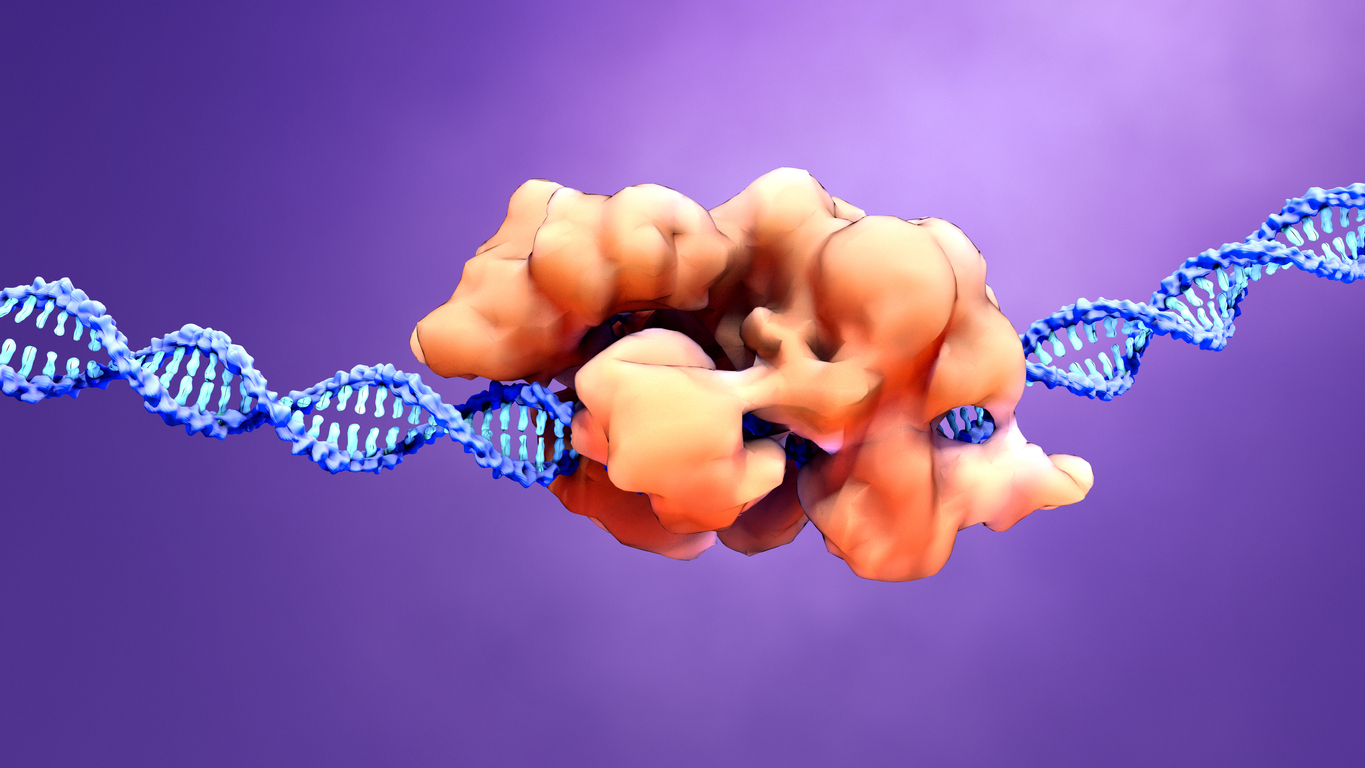
Double-tap Gene Drive Overcomes Resistance Alleles
May 25, 2022| |
A research team at the University of California San Diego reported a "double-tap" strategy, which could improve gene drive efficiency by recycling resistance alleles. Their findings are reported in Nature Communications.
Researchers are working to develop a safe and effective homing CRISPR gene drives that could control the spread of vector-borne diseases, crop pests, and invasive species. However, resistance alleles are formed after the drive induced DNA break is repaired by error-prone pathways, leading to mutations that may prevent the gene drive propagation. This led the researchers to develop the double-tap strategy which involves encoding additional guide RNAs targeting the most commonly generated resistance alleles into the gene drive.
Results showed that the double tap strategy enhanced drive efficiency and was effective in caged populations, exhibiting higher efficiency rates than the control drive. The strategy can potentially be used in CRISPR-based gene drive to improve performance in the case of mosquitoes and other systems, such as mammalian cells or mouse germline transformations.
Read the research article in Nature Communications.
| |
You might also like:
- Gene Drive: The Technology and its Potentials for Biodiversity Conservation
- Experts Explain How Gene Drives Control Invasive Species
- CRISPR Gene-Editing Technology, Better with Cas12a
Biotech Updates is a weekly newsletter of ISAAA, a not-for-profit organization. It is distributed for free to over 22,000 subscribers worldwide to inform them about the key developments in biosciences, especially in biotechnology. Your support will help us in our mission to feed the world with knowledge. You can help by donating as little as $10.
-
See more articles:
-
Gene Drive Supplement (May 25, 2022)
- Experts Say Gene Drive Specifics Important to Policies, Assessment, Application
- Expert Presents Recommendations for Gene Drive Based on GE Crop Experience in Africa
- Researchers in Burkina Faso Working on Genetic Solution to Curb Malaria
- Gene Drives Involving Competitors and Predators Facilitate Population Suppression
- Gene Drive Mosquitoes to Help Malaria Fight in Africa
- Double-tap Gene Drive Overcomes Resistance Alleles
-
Read the latest: - Biotech Updates (January 28, 2026)
- Gene Editing Supplement (January 28, 2026)
- Gene Drive Supplement (February 22, 2023)
-
Subscribe to BU: - Share
- Tweet

